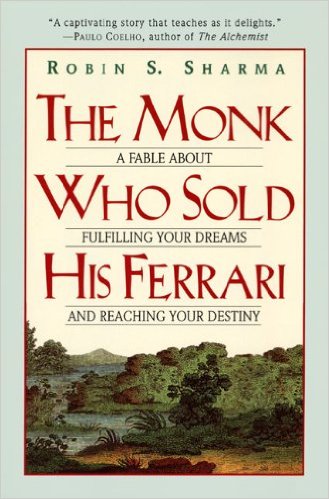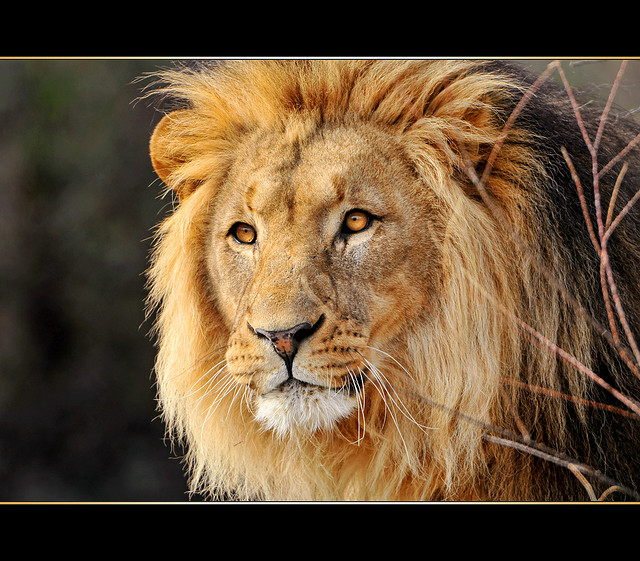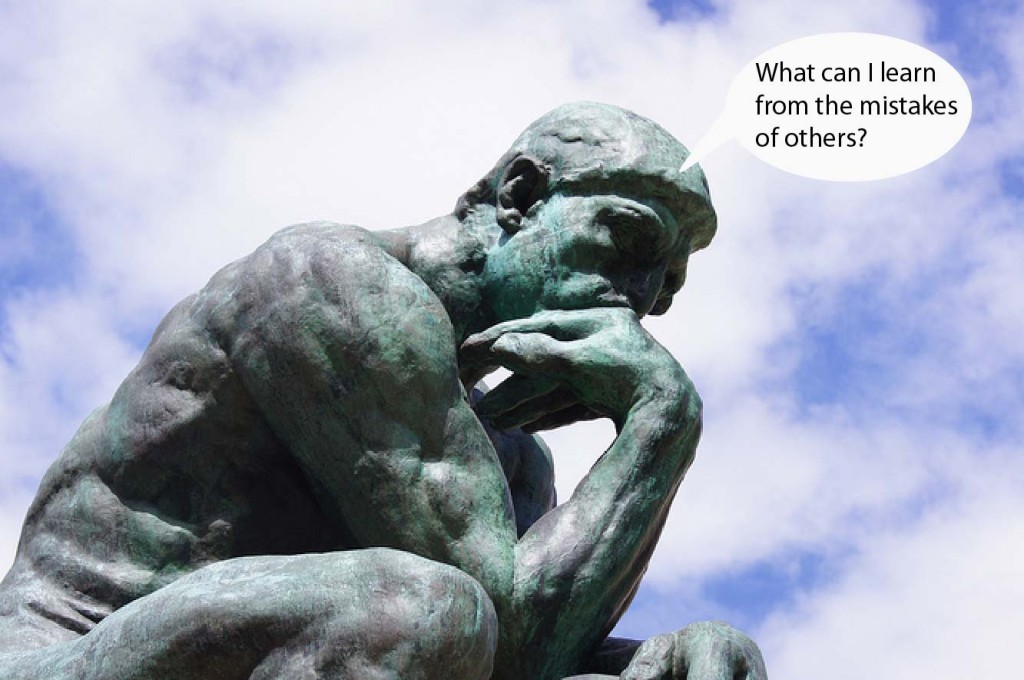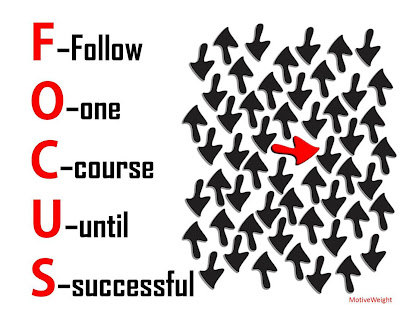“Sometimes the things we can’t change end up changing us.”
—Author Unknown
A topic that comes up fairly frequently in my coaching sessions these days is aging. As someone in the middle of the Baby Boom Generation, I see that most of my contemporaries are also experiencing the “grayification” of our society. We’re dealing with aging parents and our own health and fitness related issues.
Despite all of our best efforts to eat better, exercise more, and get much-needed rest to renew and recharge, we are heading toward an entropy of life, where things begin to break down and stop working optimally.
There happens to be a new form of coaching called “Eldering.” One of its tenets is to assist people in navigating these years with more grace, dignity, and life mastery.
EXERCISE:
How can you adjust, adapt, or change yourself in relationship to those issues and situations that are unchangeable, to more fully experience a life of greater happiness and fulfillment?










